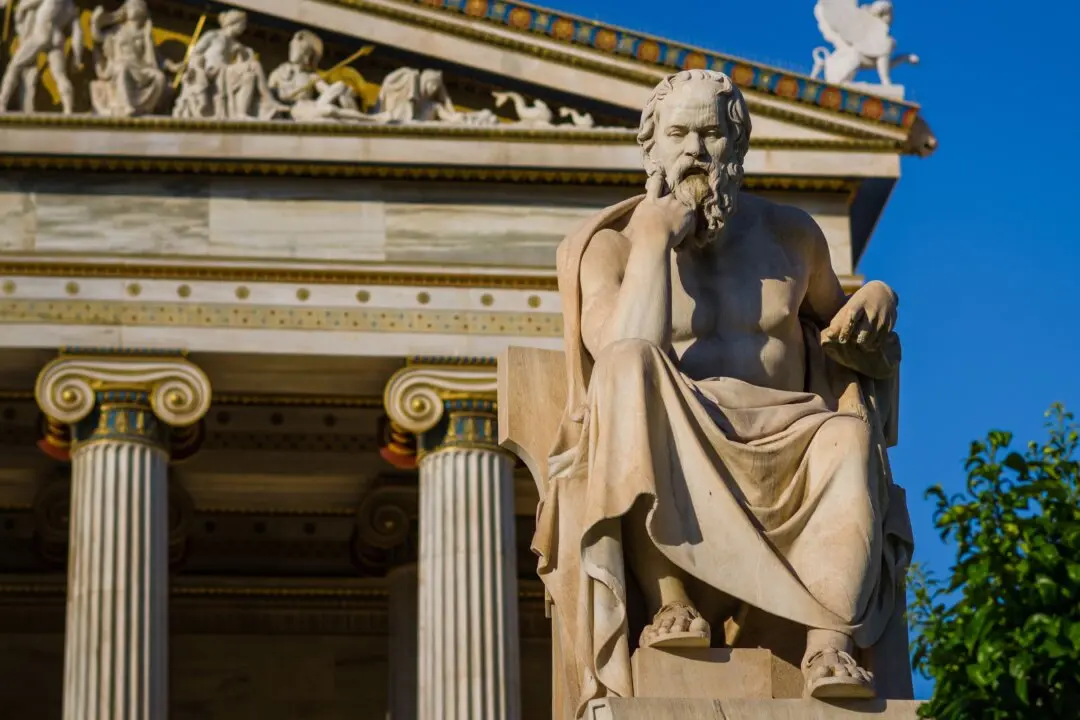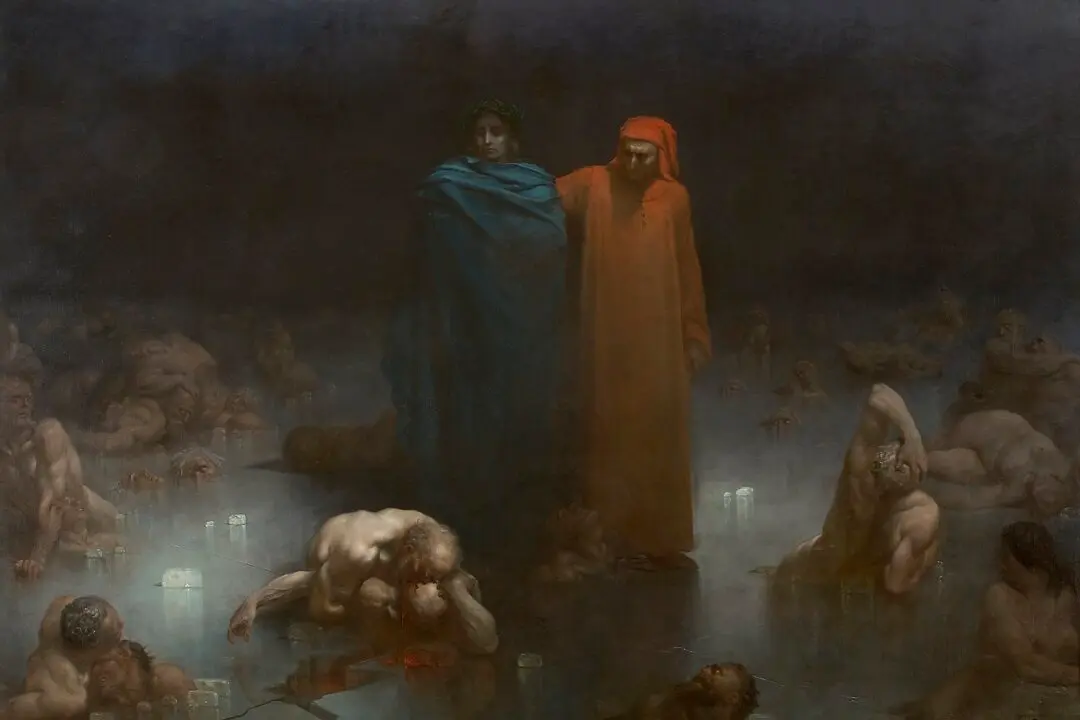Commentary
To people who aren’t professors and don’t work on college campuses, it doesn’t make sense. How can a habitat devoted to open discussion and strong job protections be so constricted and unpleasant, as academia seems to be? And how can people occupying the highest parts of that enterprise be so afraid to speak their minds and contradict the majority opinion?





